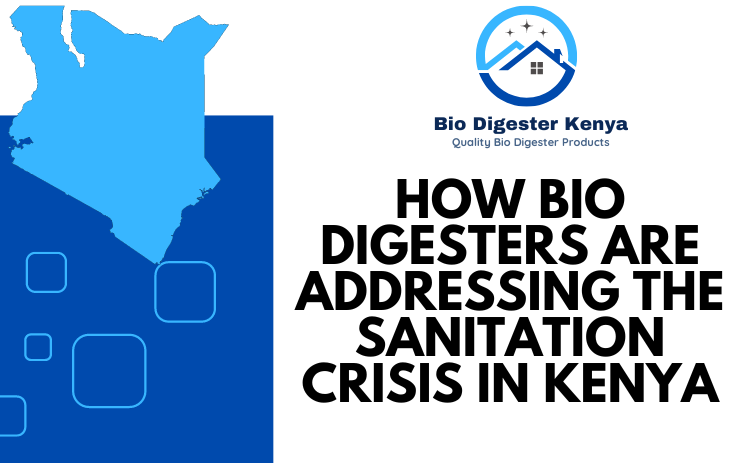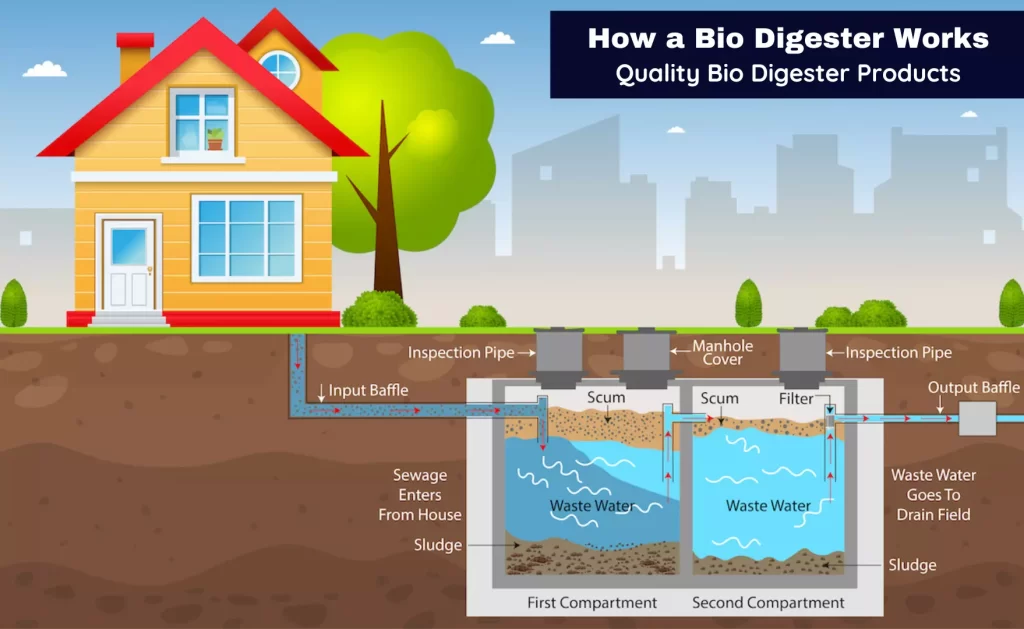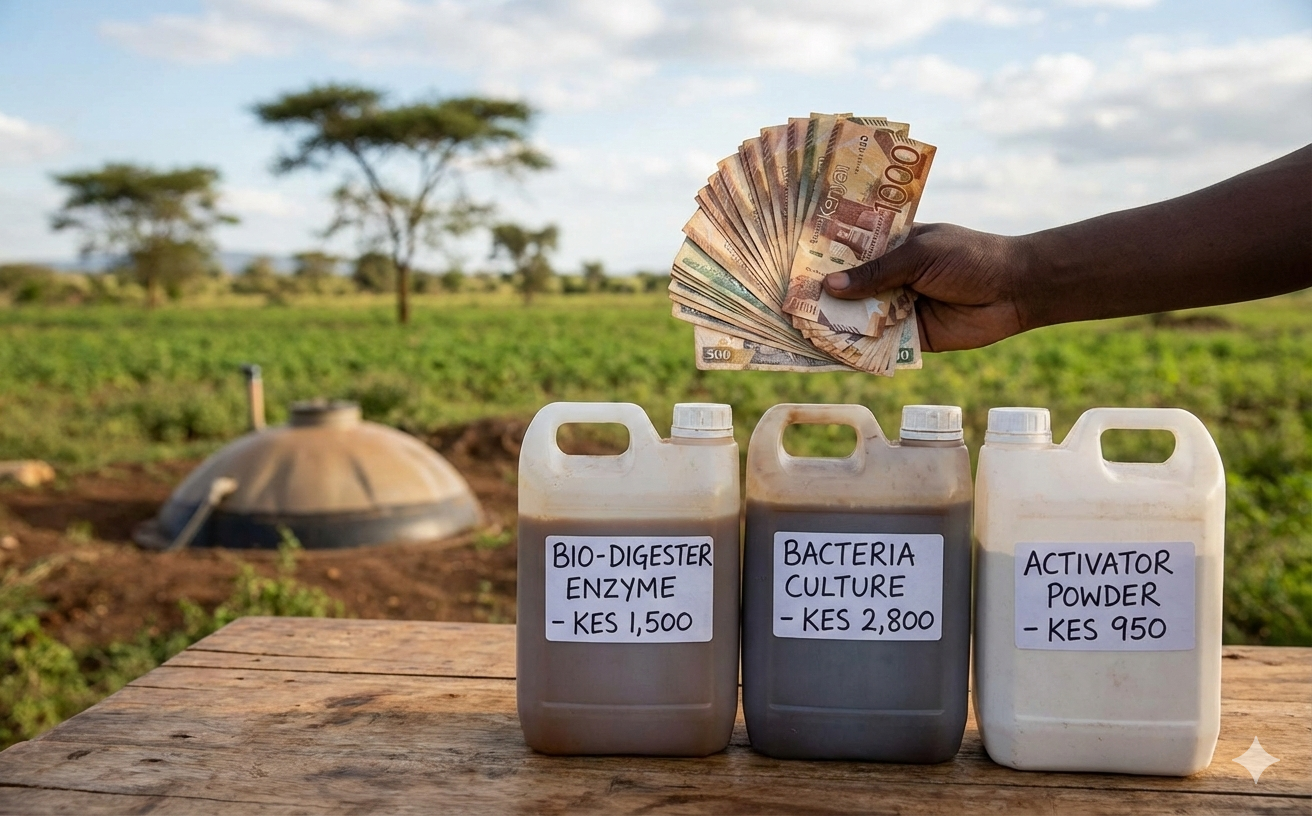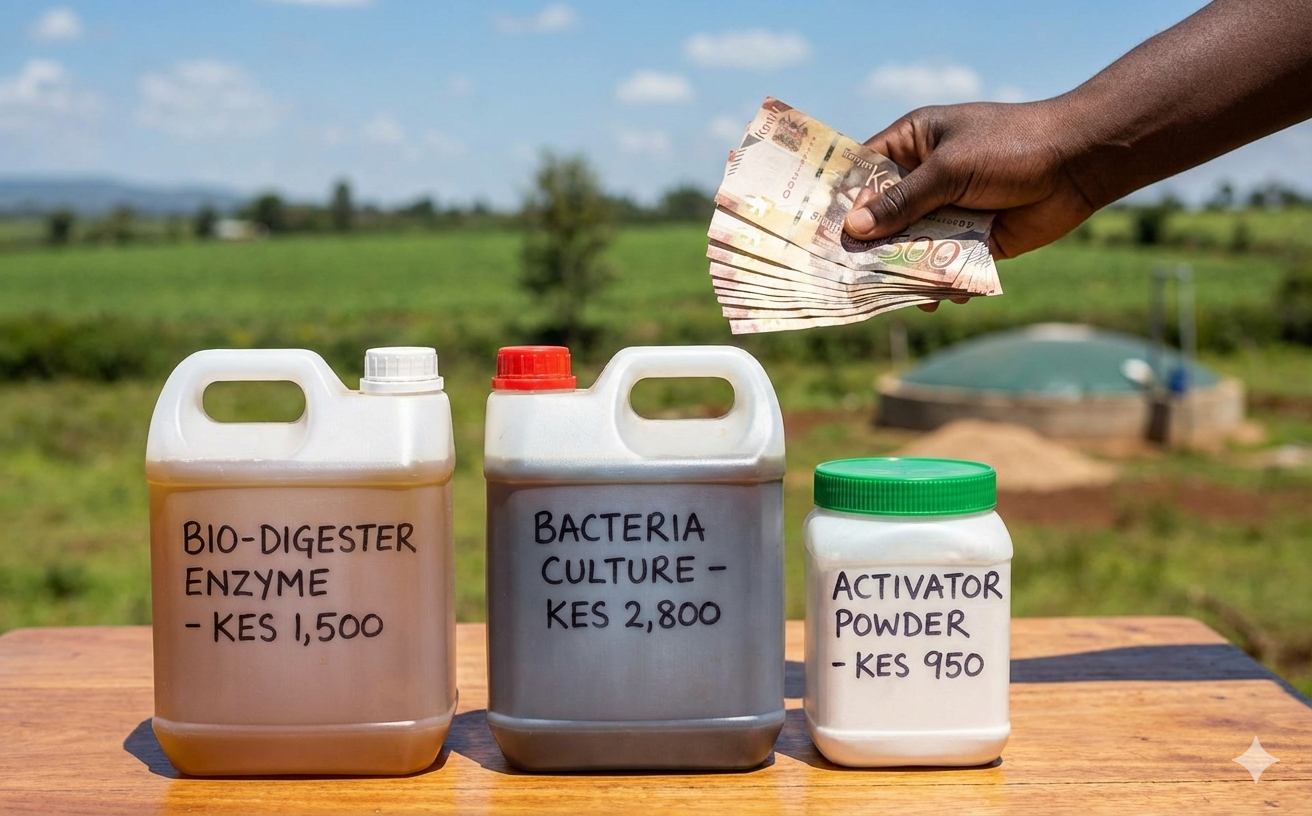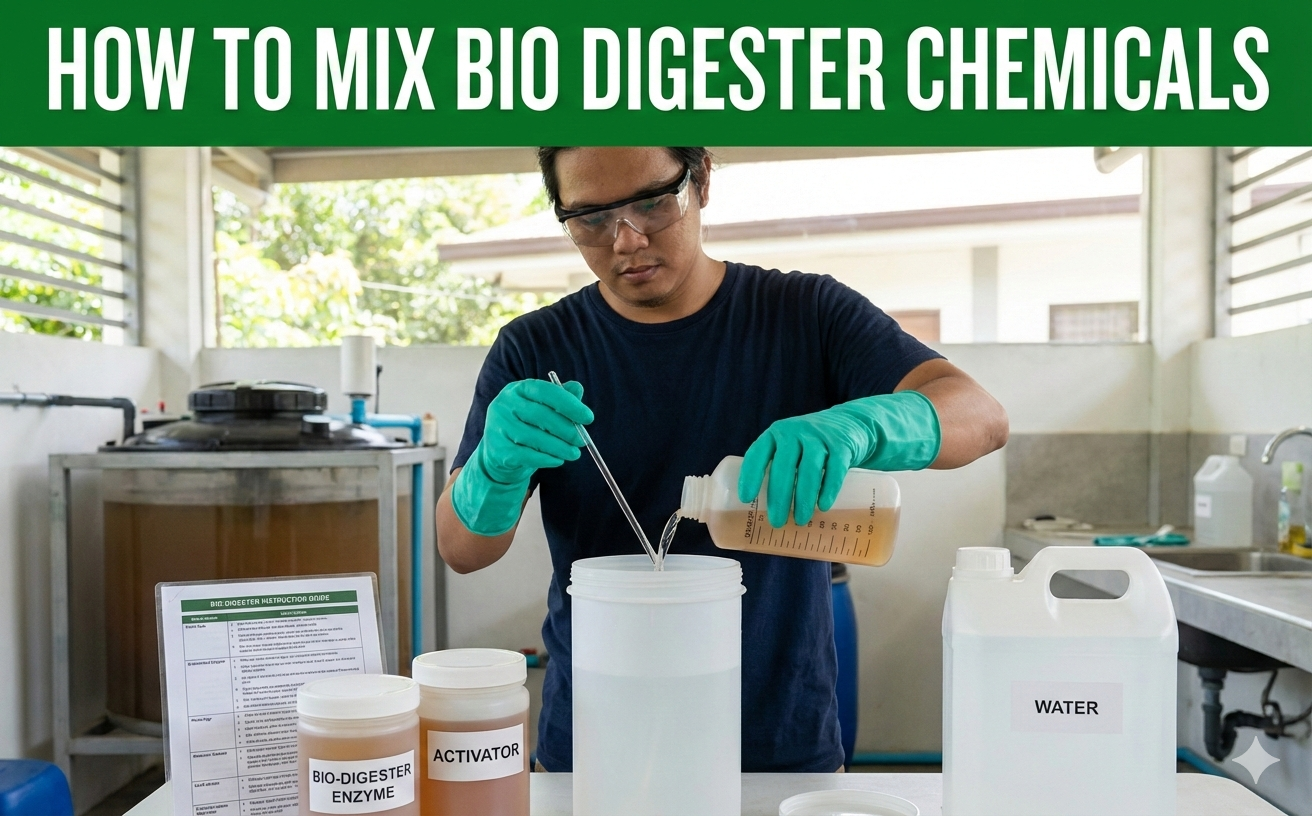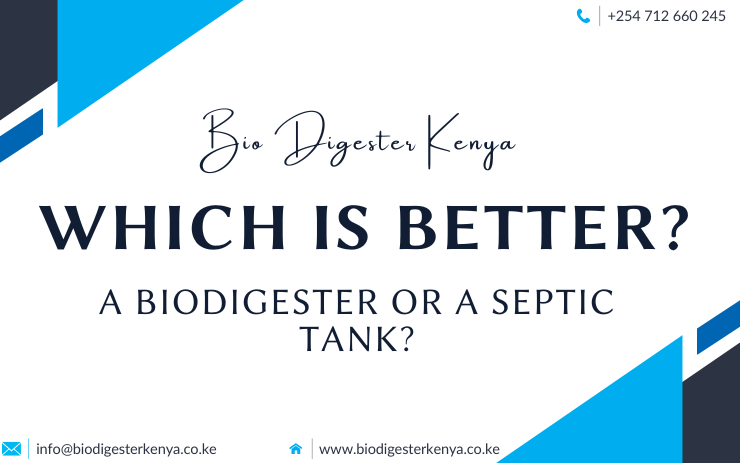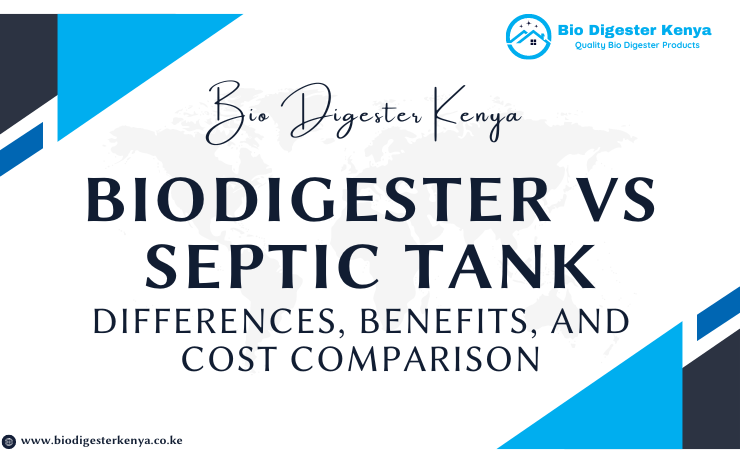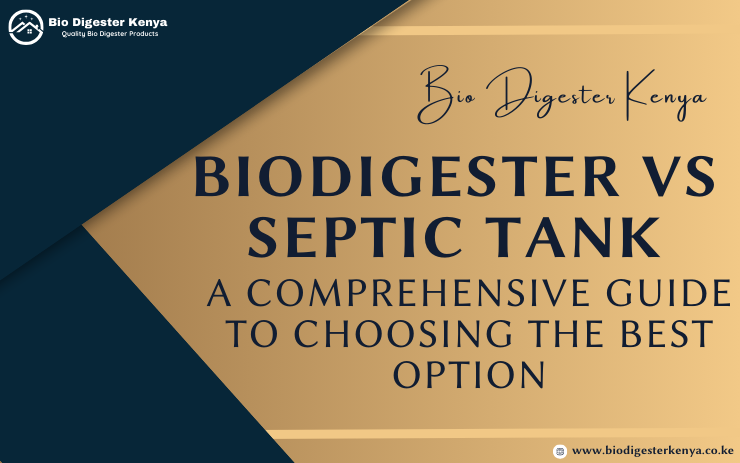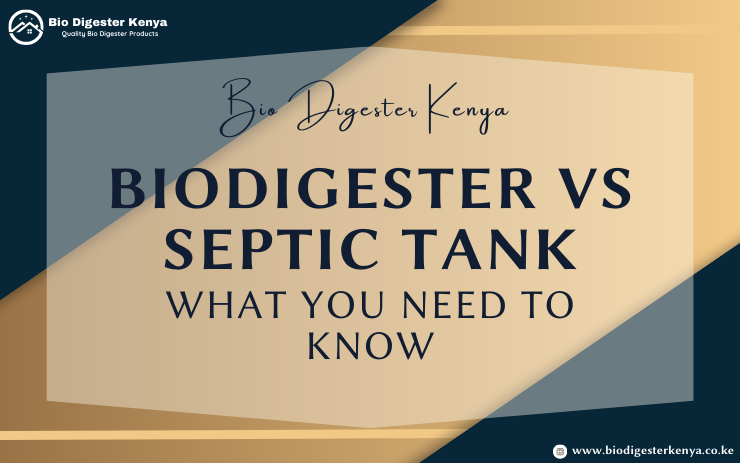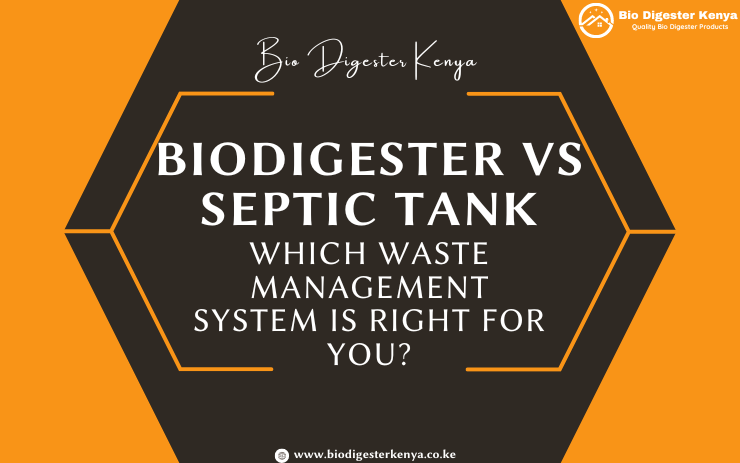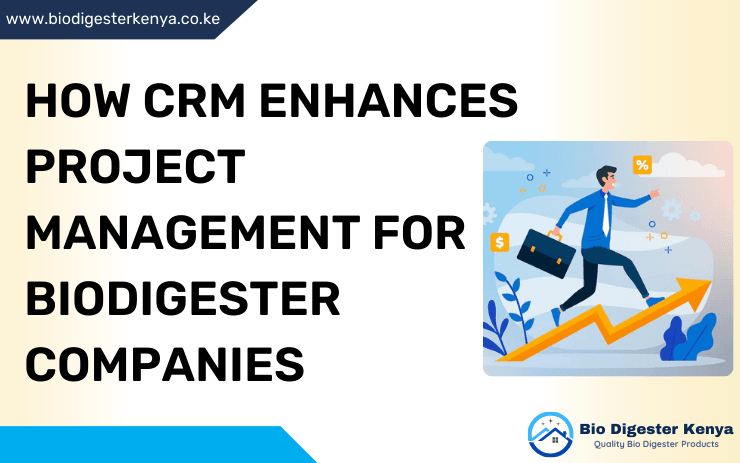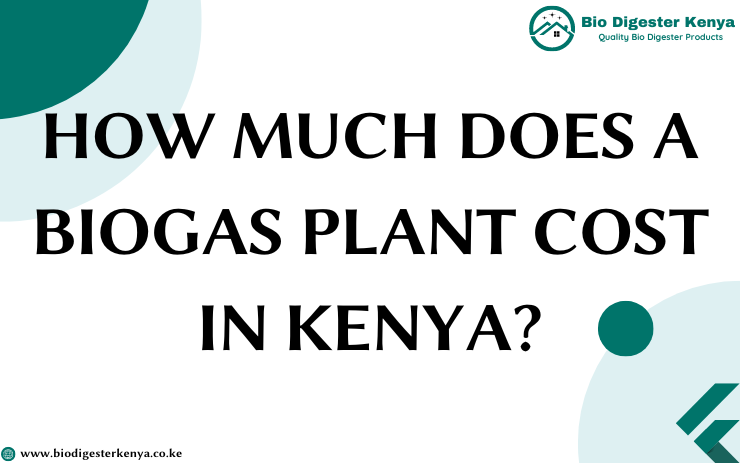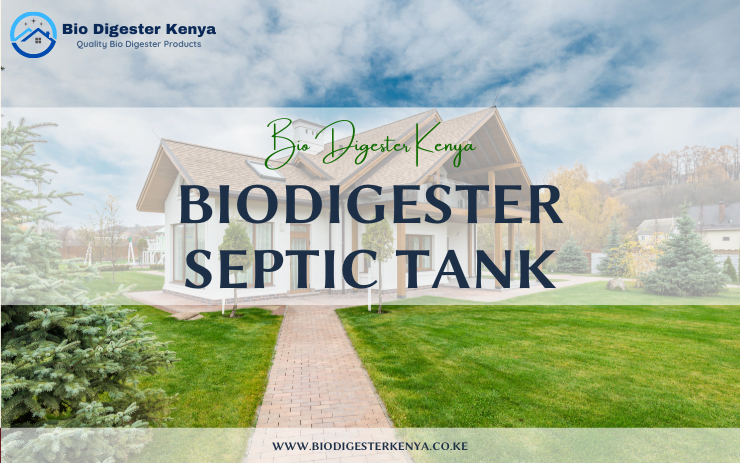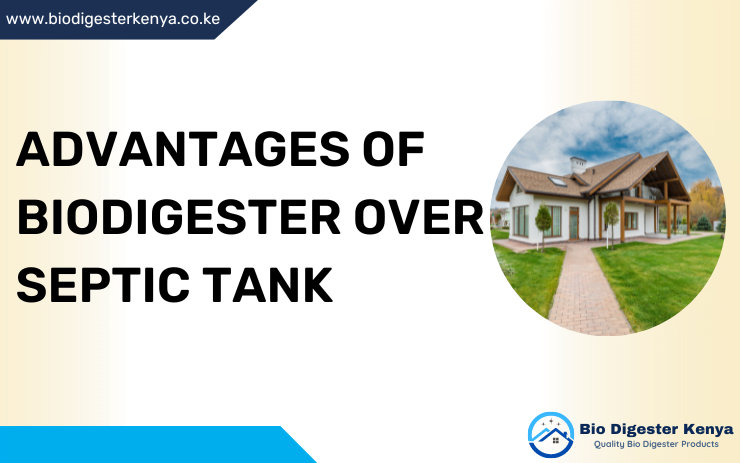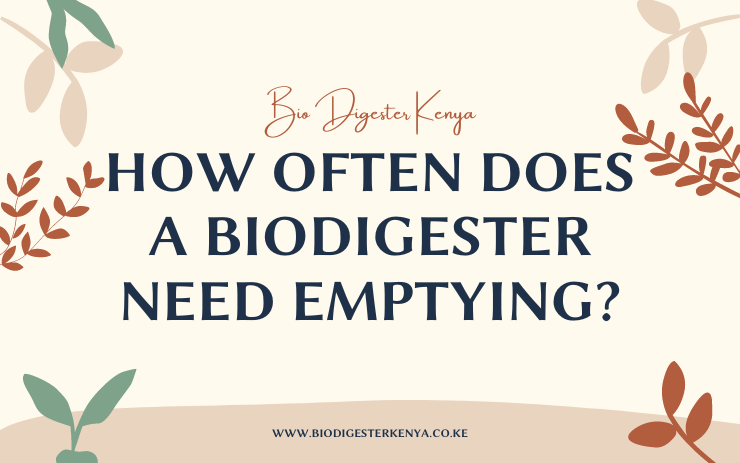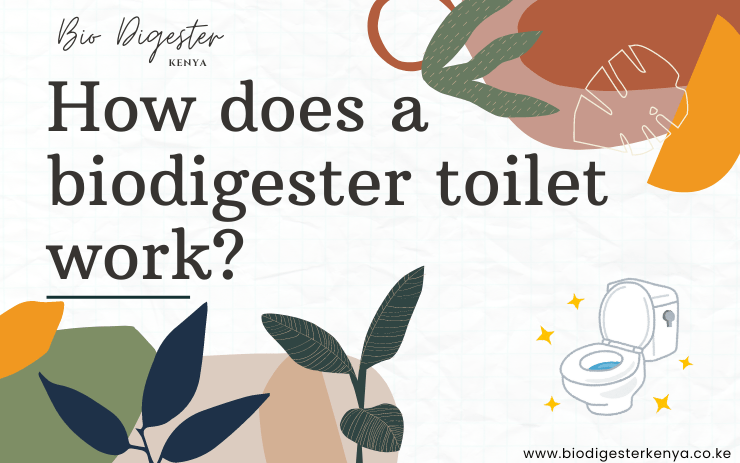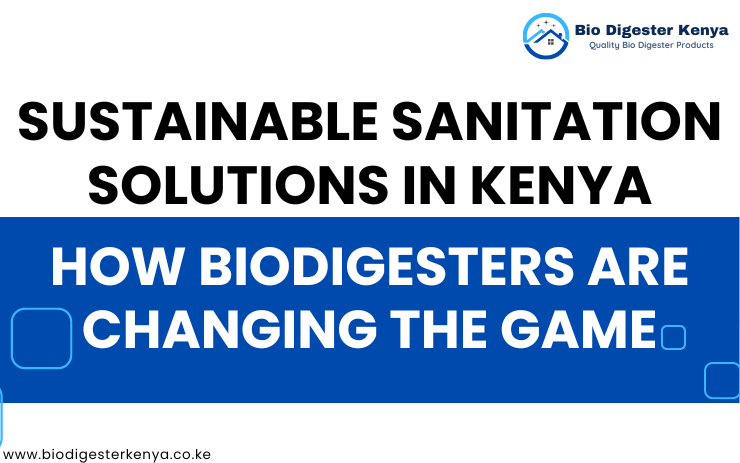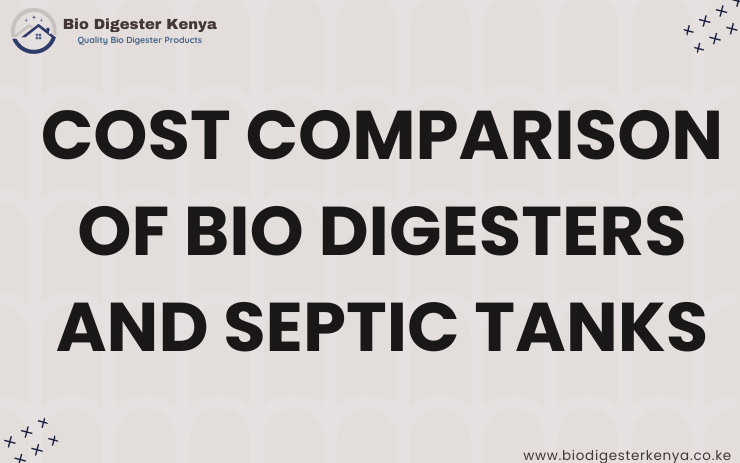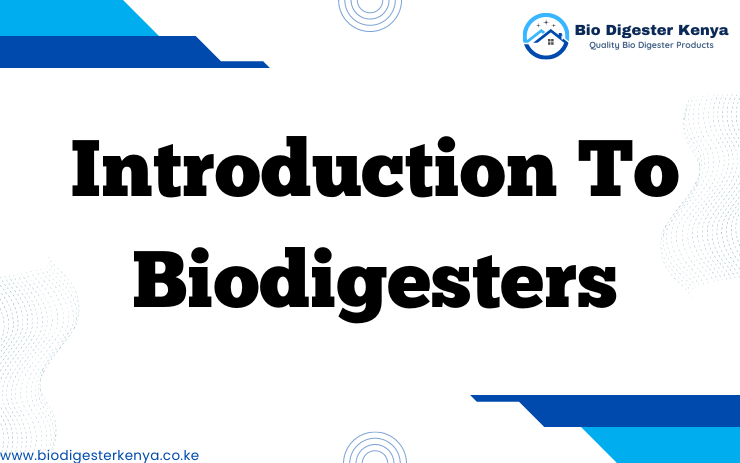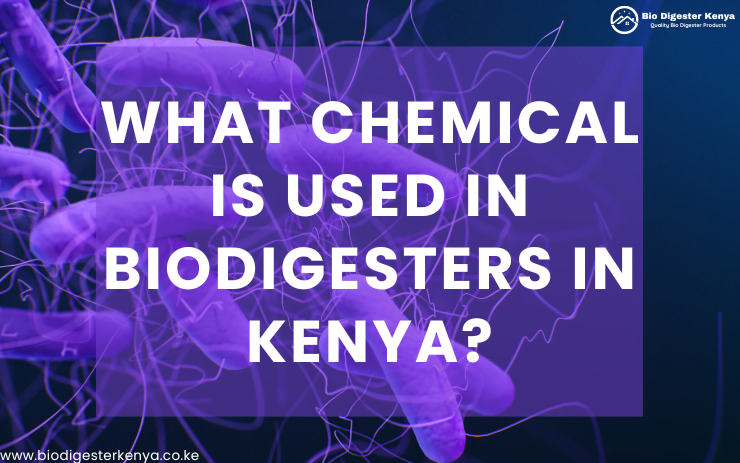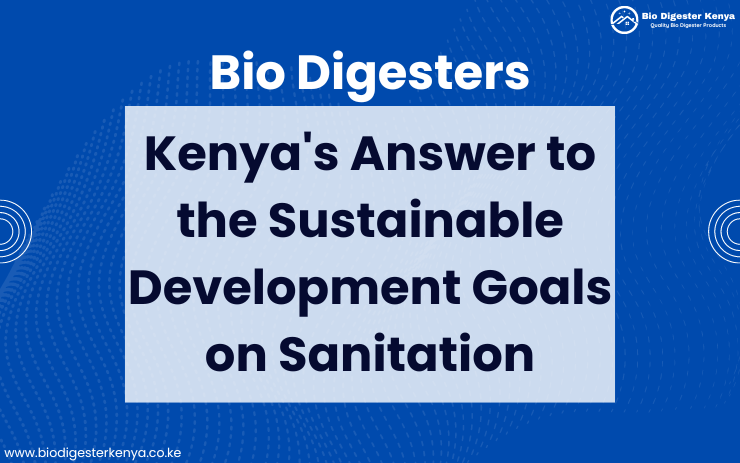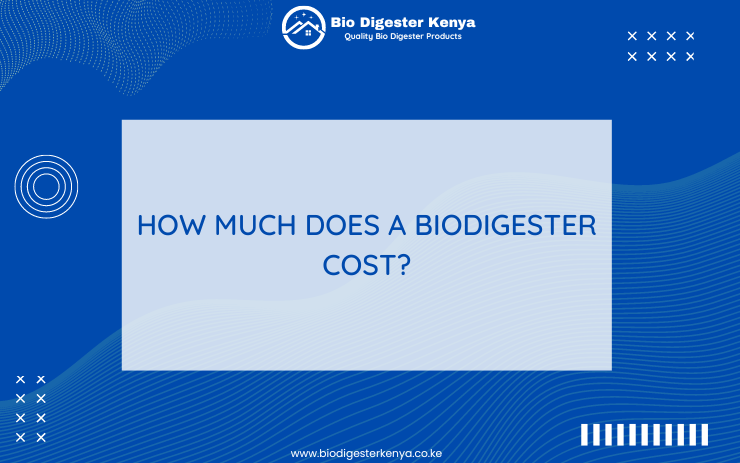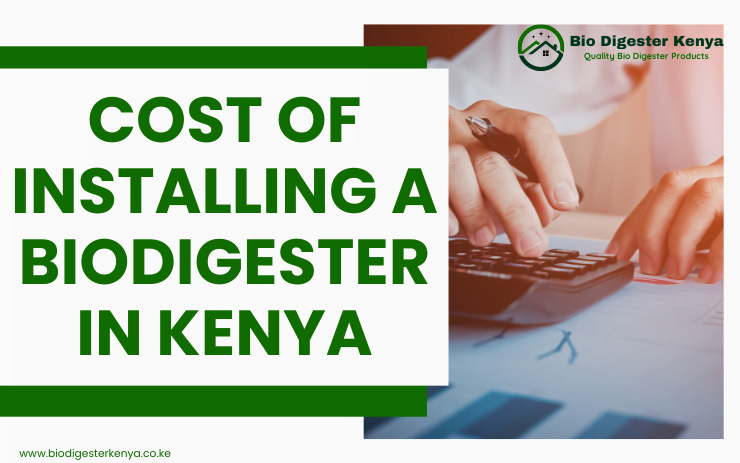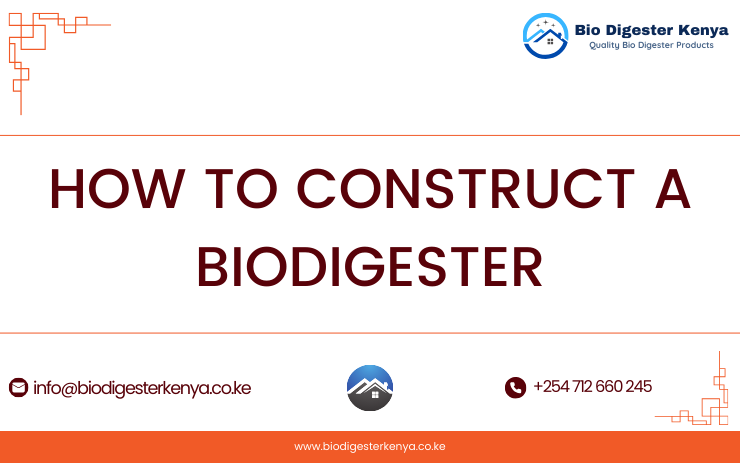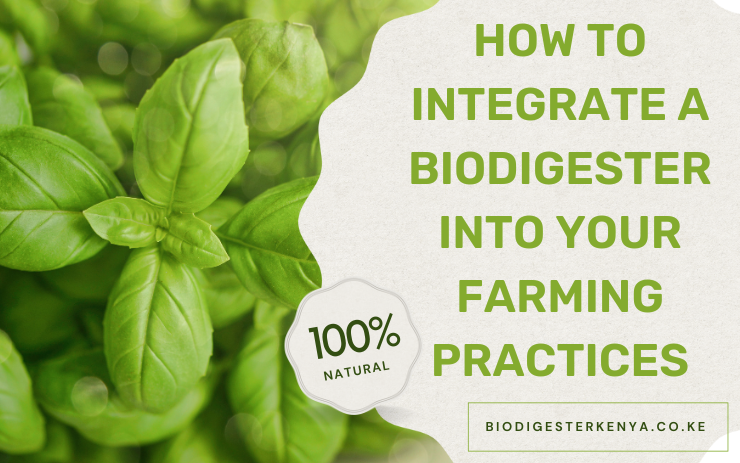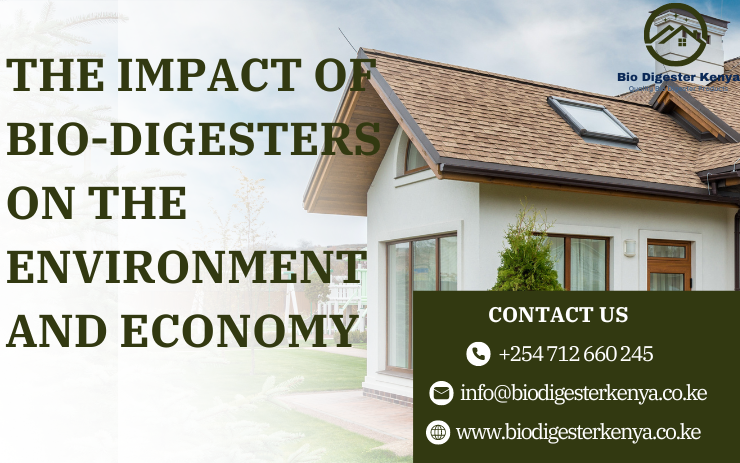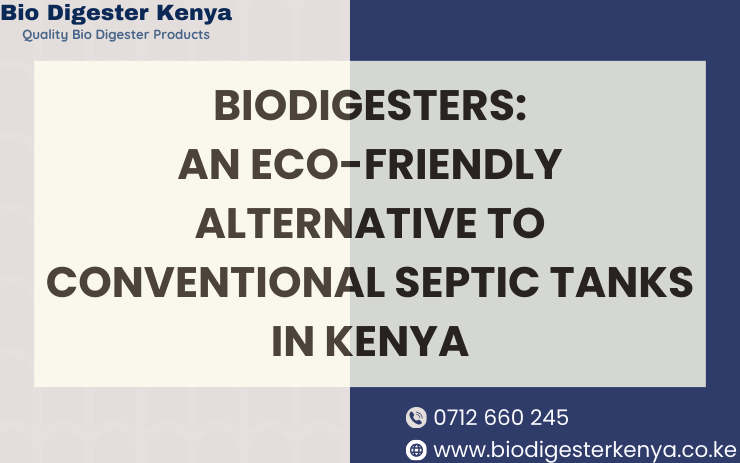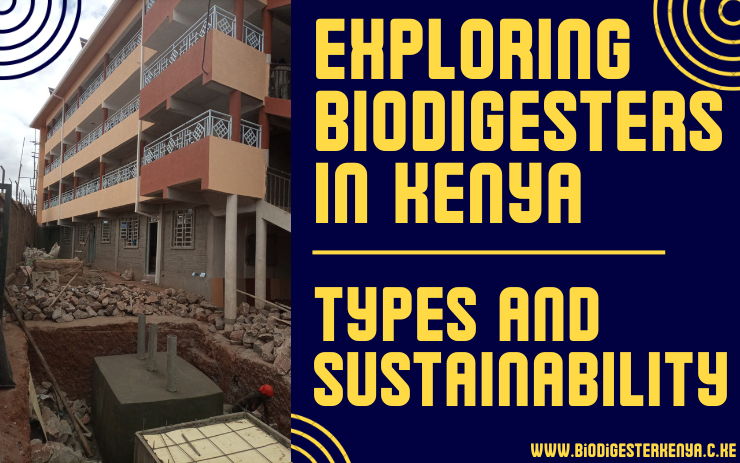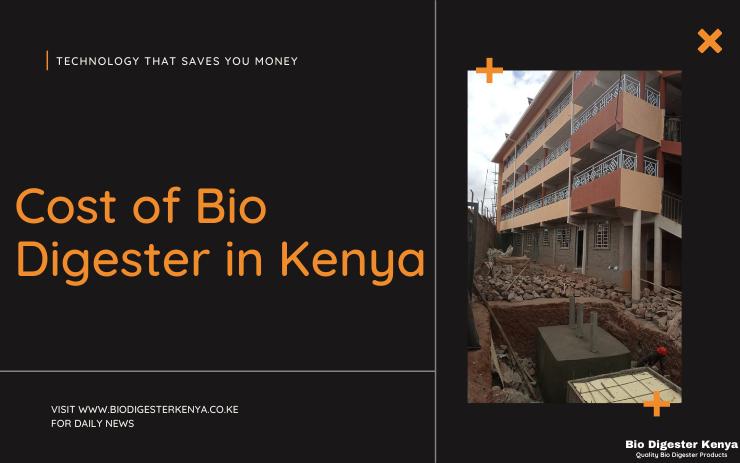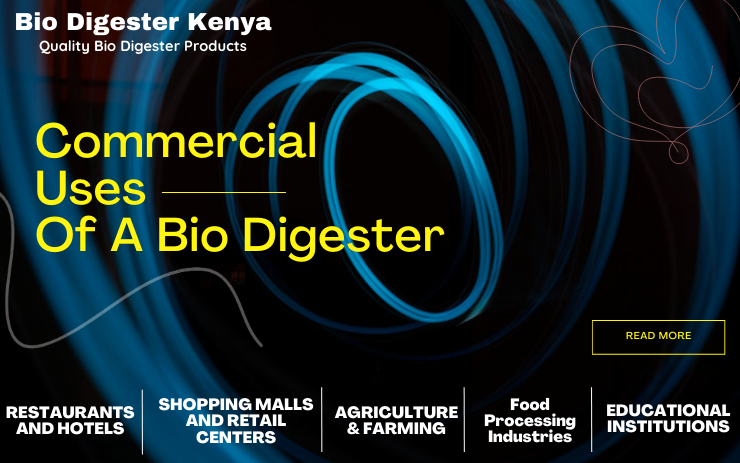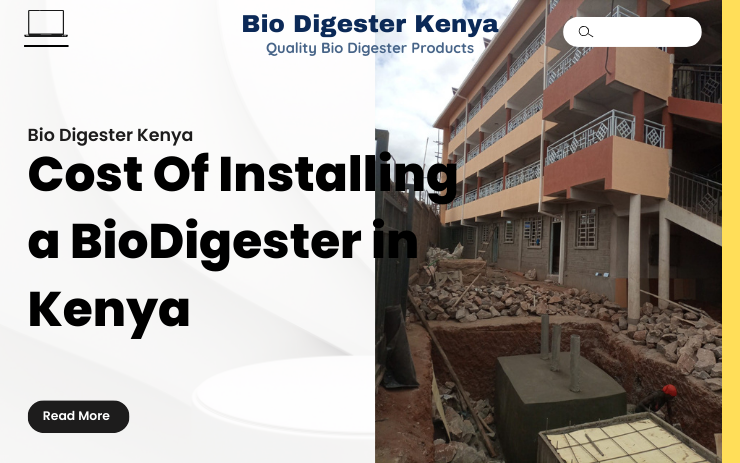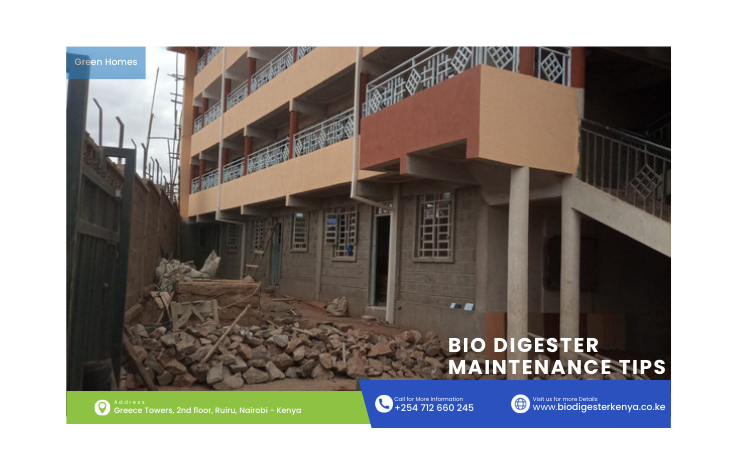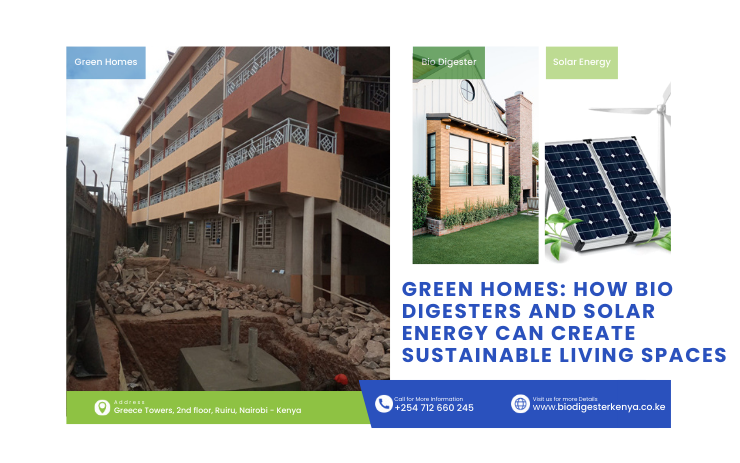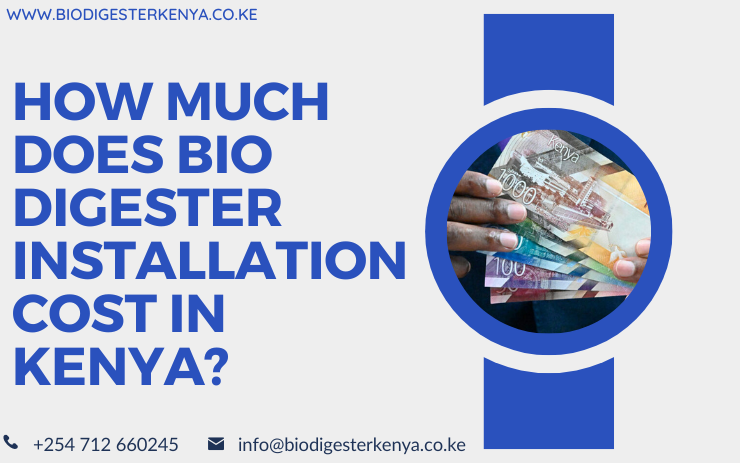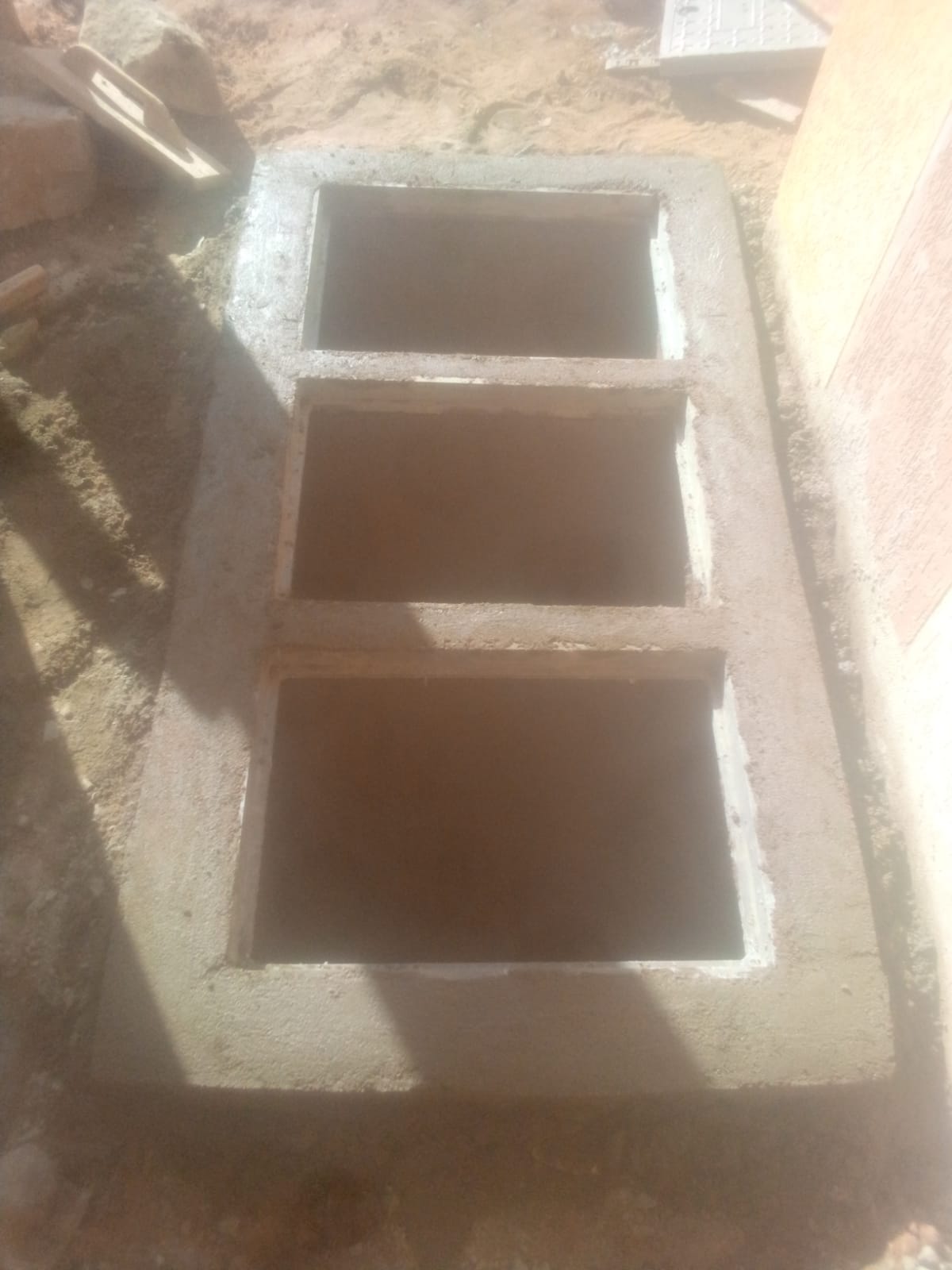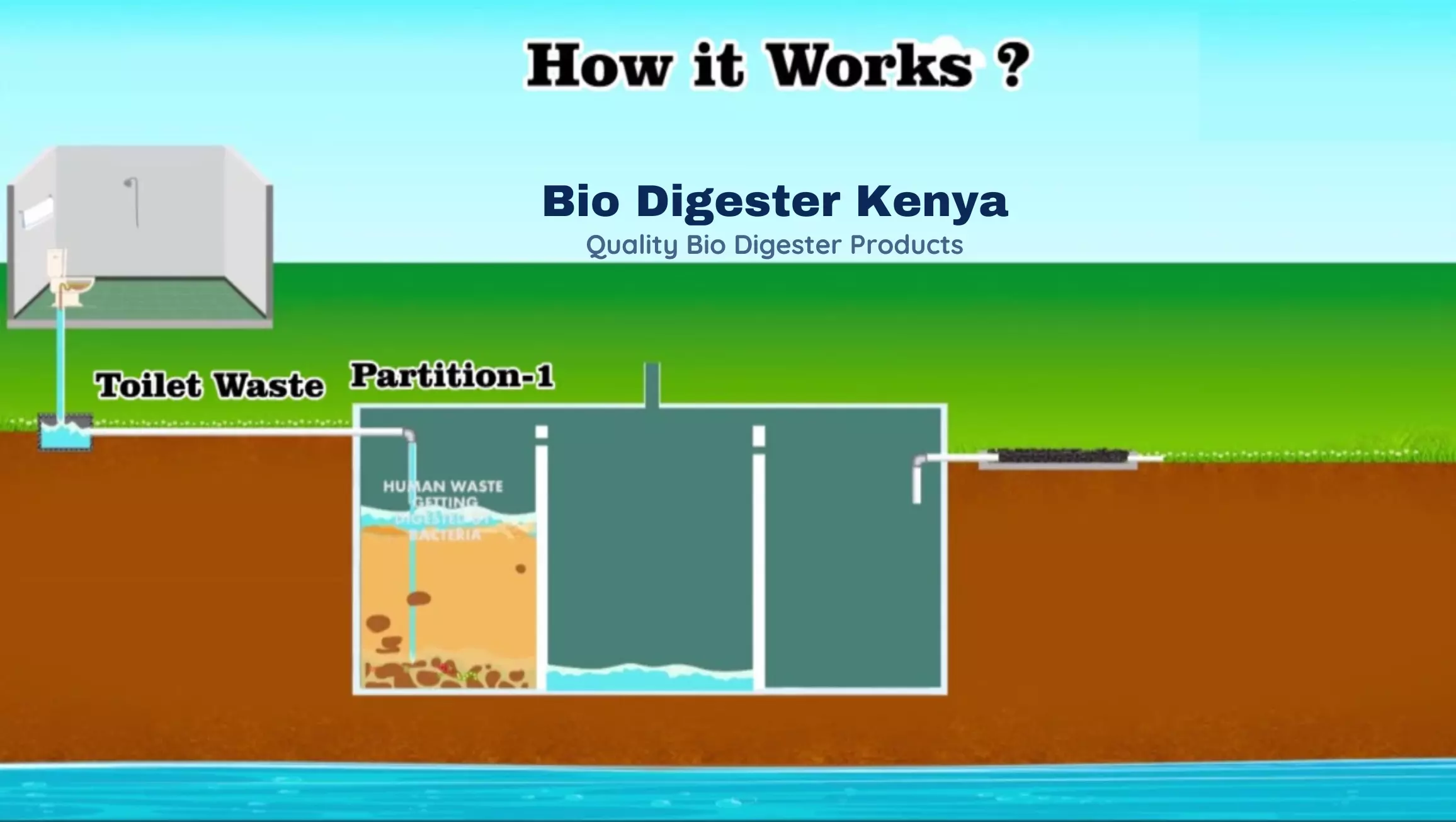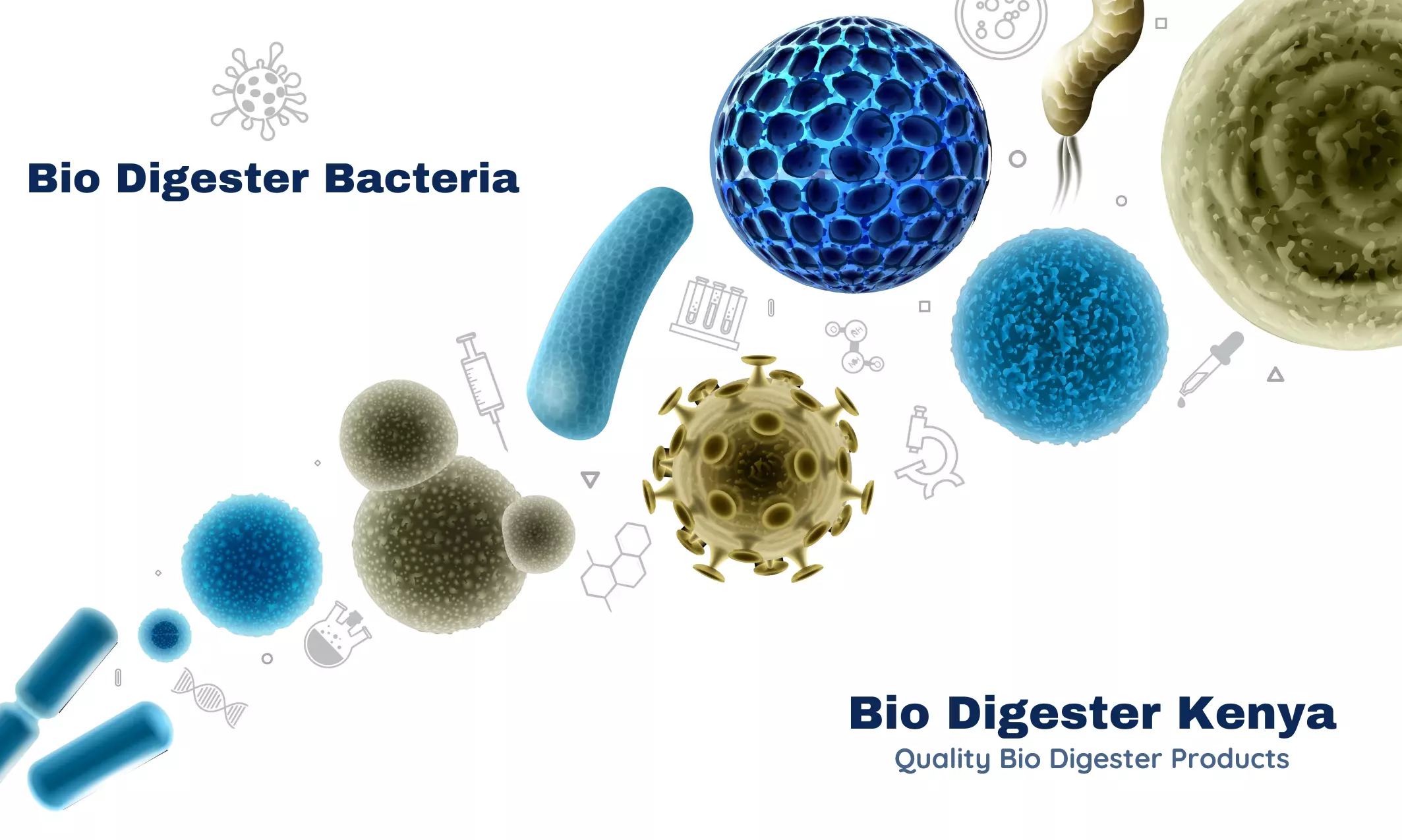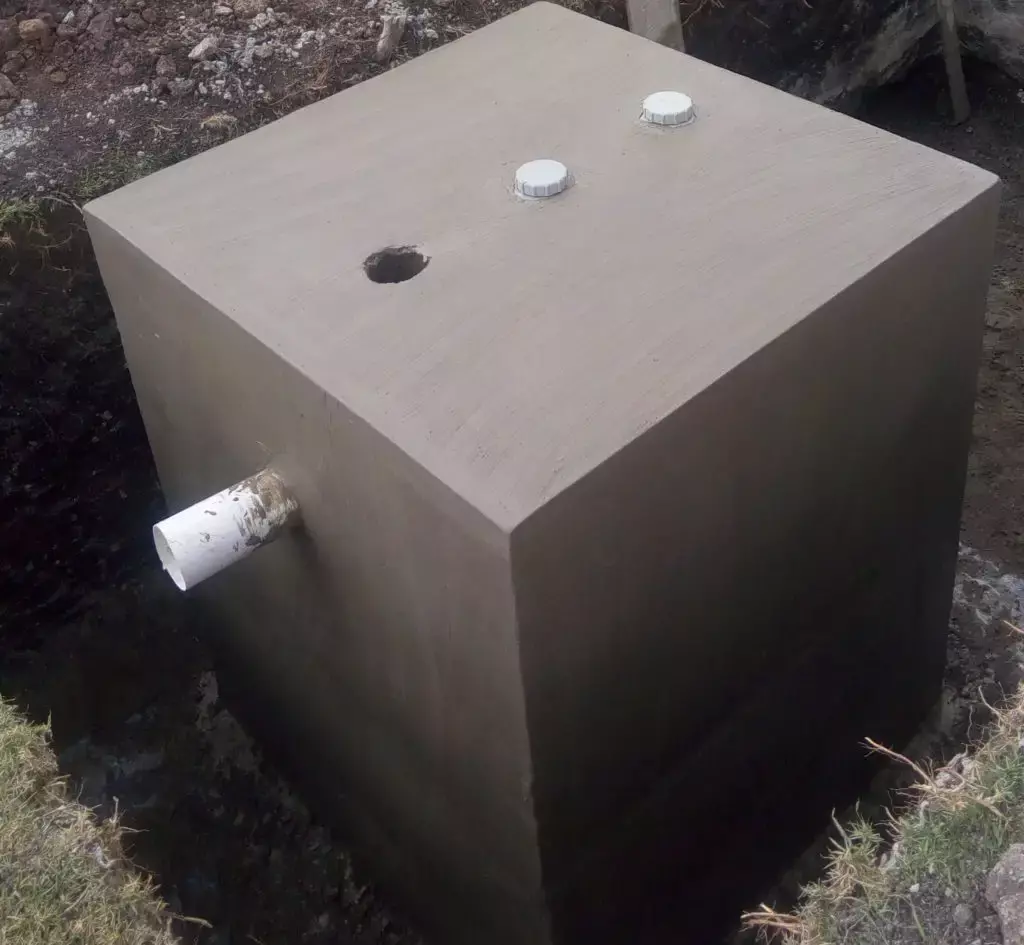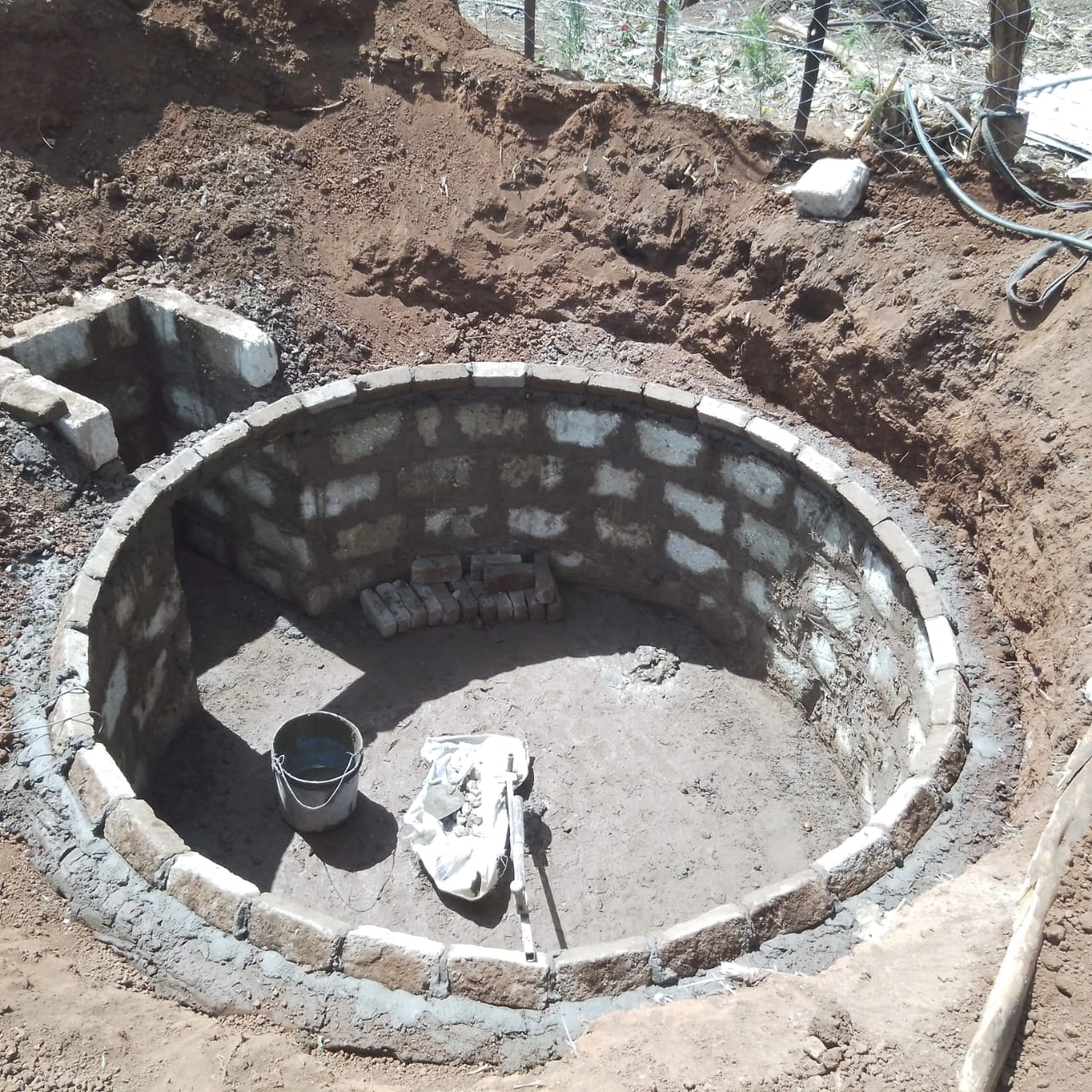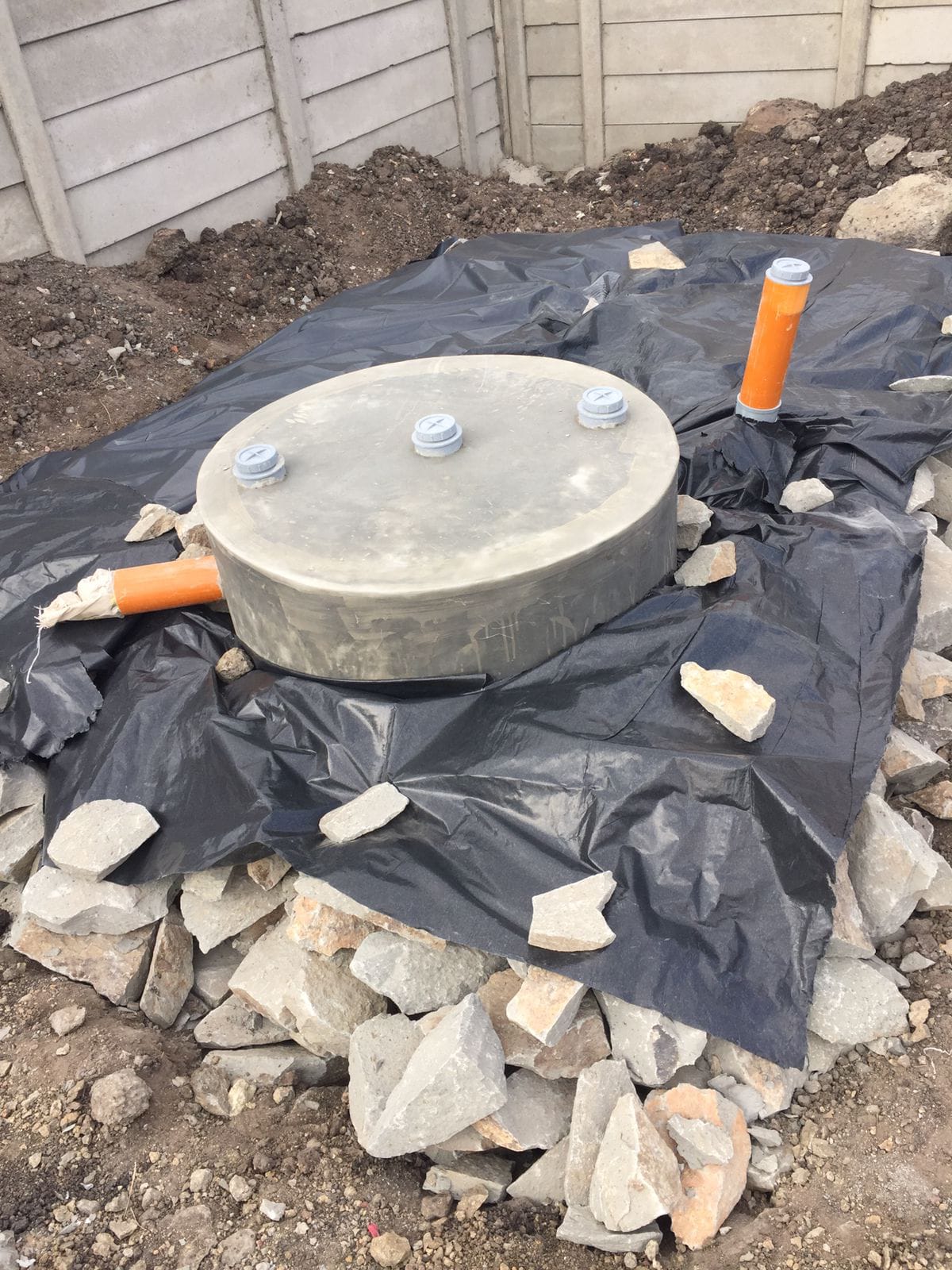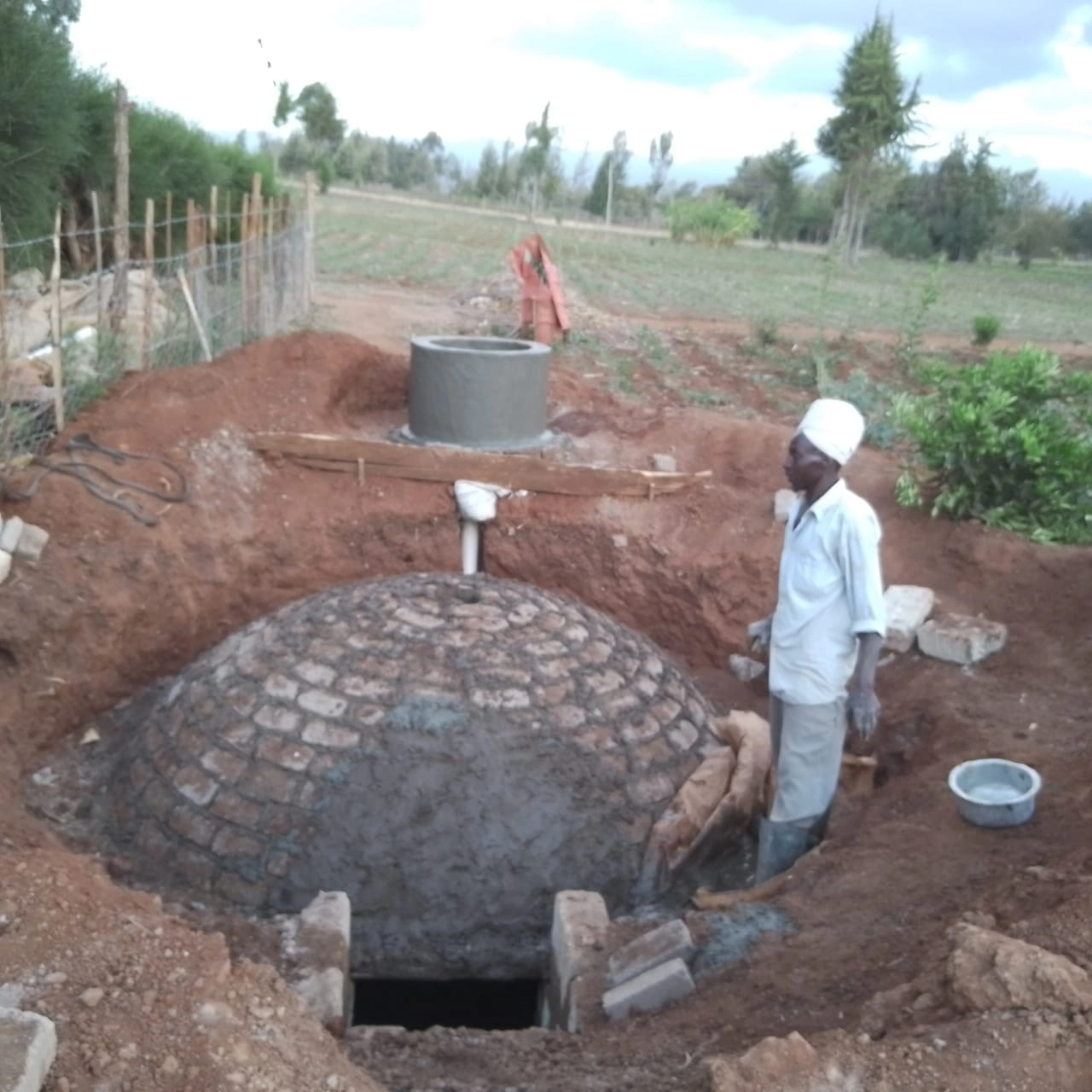In Kenya, like many other developing nations, the issue of sanitation poses significant challenges.
However, amidst these challenges, biodigesters are emerging as innovative solutions to address the sanitation crisis.
This article delves into how biodigesters are breaking taboos and transforming waste management practices in Kenya.
Introduction
In Kenya, as in numerous other developing countries, the question of sanitation presents formidable obstacles.
Nonetheless, within this landscape of challenges, biodigesters are increasingly recognized as groundbreaking solutions to combat the sanitation crisis.
Let’s explore the profound impact of biodigesters in Kenya, shedding light on their pivotal role in challenging cultural taboos and revolutionizing the paradigms of waste management across the nation.
Understanding the Sanitation Crisis in Kenya
To comprehend the significance of biodigesters, it’s essential to grasp the gravity of the sanitation crisis in Kenya.
From inadequate sanitation facilities to improper waste disposal methods, the lack of proper sanitation infrastructure has far-reaching consequences for public health, environmental sustainability, and economic development.
The Role of Biodigesters in Waste Management
Biodigesters play a pivotal role in revolutionizing waste management practices by offering sustainable and eco-friendly solutions to address the sanitation crisis.
Understanding their benefits and functionality is crucial to harnessing their potential fully.
Benefits of Biodigesters
Biodigesters offer a myriad of benefits, including environmental sustainability, cost-effectiveness, and odor reduction, making them indispensable tools in waste management.
Benefits Of A BioDigester
- No exhauster (maintenance free)
- Occupies small space
- It is cost effective
- Environmentally friendly
- No bad Odour
How Biodigesters Work
BioDigestors use natural process to break downorganic waste. They use anaerobic and aerobic bacteria.
The Micro-organisms in the BioDigestor consume the waste and produce Bio Gas and water as a by-product.
The water is send to a soaking pit where it is absorbed by the ground.
The displacement process makes it impossible for biodigestor to fill up and thus it does not require emptying.
Addressing Taboos and Misconceptions
Despite their immense potential and numerous benefits, biodigesters frequently encounter resistance rooted in deep-seated cultural taboos and pervasive misconceptions.
These entrenched barriers pose formidable challenges to the widespread adoption and acceptance of biodigester technology.
Consequently, overcoming these hurdles is paramount to realizing the full transformative potential of biodigesters in revolutionizing waste management practices and addressing the sanitation crisis.
By debunking myths and fostering community education and engagement, stakeholders can pave the way for a paradigm shift towards embracing biodigesters as indispensable tools for sustainable development and environmental stewardship.
Case Studies: Success Stories in Kenya
Real-life examples of biodigester implementation across Kenya highlight the transformative impact of this technology on sanitation and livelihoods.
Case Study 1: Apartment Complex Implementation
Location: Nairobi, Kenya
Overview:
In Nairobi’s bustling cityscape, the Green Haven Apartment Complex stands as a beacon of sustainable living.
Comprising several residential blocks housing hundreds of residents, the complex was faced with the challenge of managing human waste in an environmentally friendly and cost-effective manner.
In response, the management team decided to implement a biodigester system to revolutionize their waste management practices.
Implementation:
The biodigester system was strategically installed beneath a designated area within the complex’s expansive compound.
Through a network of pipes connected to each apartment’s plumbing system, human waste was channeled into the biodigester for anaerobic digestion.
The system was designed to accommodate the high volume of waste generated by the residents while minimizing the space required for installation.
Outcome:
The implementation of the biodigester system has yielded remarkable results for the Green Haven Apartment Complex.
Not only has it significantly reduced the environmental footprint associated with waste disposal, but it has also provided a renewable source of energy in the form of biogas.
The complex now harnesses this biogas for cooking and heating purposes, further enhancing its sustainability credentials.
Case Study 2: Homeowner Implementation
Location: Kisumu, Kenya
Overview:
In the serene outskirts of Kisumu, the Ochieng family sought to embrace eco-friendly practices in their daily lives.
Concerned about the environmental impact of traditional septic tanks and inspired by the concept of sustainable living, they decided to install a biodigester on their residential property.
Implementation:
The biodigester system was seamlessly integrated into the Ochieng family’s home, with careful consideration given to its size and capacity to accommodate the waste generated by the household.
Positioned discreetly underground, the biodigester received human waste from the family’s bathrooms and kitchen through a network of underground pipes.
Outcome:
Since the installation of the biodigester, the Ochieng family has experienced a transformation in their waste management practices.
Not only has the biodigester provided an efficient and odor-free solution for managing human waste, but it has also yielded nutrient-rich effluent that serves as organic fertilizer for their garden.
Moreover, the family enjoys the added benefit of biogas production, which they utilize for cooking and lighting, further reducing their reliance on non-renewable energy sources.
The Future of Sanitation: Biodigesters as Sustainable Solutions
As Kenya grapples with the daunting challenge of improving sanitation infrastructure, biodigesters emerge as a beacon of hope for transforming waste management practices.
In a rapidly urbanizing landscape where traditional sanitation systems struggle to keep pace with population growth, biodigesters offer a ray of optimism.
These innovative systems harness the power of anaerobic digestion to convert organic waste into valuable resources, mitigating the environmental impact of untreated waste disposal.
With their ability to capture methane emissions and produce biogas, biodigesters not only address the sanitation crisis but also contribute to renewable energy generation, thus aligning with Kenya’s ambitious sustainability goals.
Furthermore, biodigesters present a paradigm shift in cultural perceptions surrounding waste disposal.
By challenging long-standing taboos and misconceptions, they pave the way for open discussions about sanitation and hygiene practices.
As communities embrace the benefits of biodigester technology, they take a significant step towards breaking the cycle of poor sanitation and its associated health risks.
This shift in mindset fosters a culture of innovation and collaboration, driving the adoption of biodigesters as mainstream solutions to the sanitation crisis.
Conclusion
In conclusion, biodigesters represent a beacon of hope in addressing the sanitation crisis in Kenya.
By breaking taboos, fostering innovation, and garnering support, biodigesters pave the way for a brighter tomorrow.
As Kenya embraces sustainable solutions to its pressing sanitation challenges, biodigesters stand poised to play a pivotal role in shaping a cleaner, healthier, and more prosperous future for generations to come.
FAQs
Are biodigesters suitable for all types of waste? Biodigesters are primarily designed to process organic waste, including kitchen waste, agricultural residues, and animal manure.
What are the benefits of using biodigesters? Biodigesters offer environmental sustainability, cost-efficiency, and odor reduction, making them invaluable tools in waste management.
How do biodigesters contribute to environmental sustainability? Biodigesters help reduce greenhouse gas emissions by capturing methane, a potent greenhouse gas, and converting it into biogas, a renewable energy source.
Can biodigesters be retrofitted into existing sanitation infrastructure? Yes, biodigesters can often be retrofitted into existing sanitation systems with proper planning and installation.
How long does it take to recoup the investment in a biodigester system? The time to recoup the investment varies depending on factors such as system size, waste volume, and energy savings. However, significant cost savings can often lead to a relatively quick return on investment.
